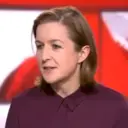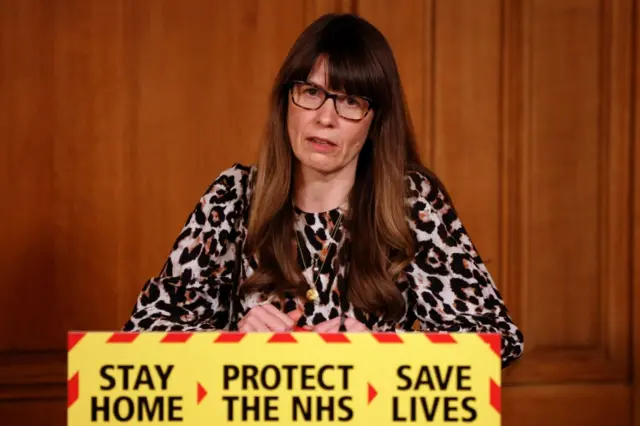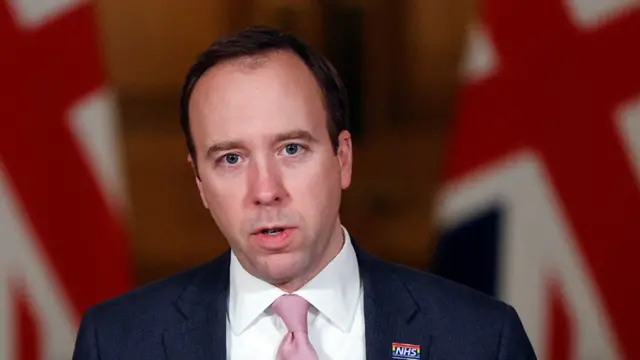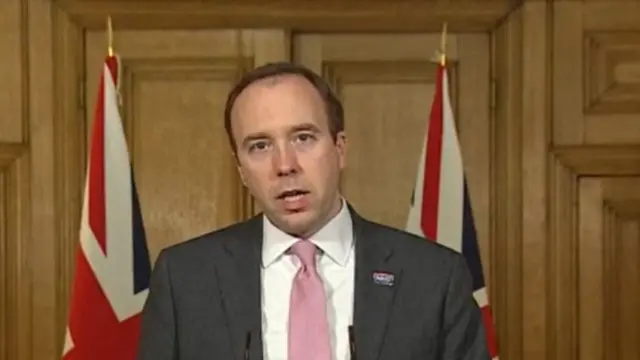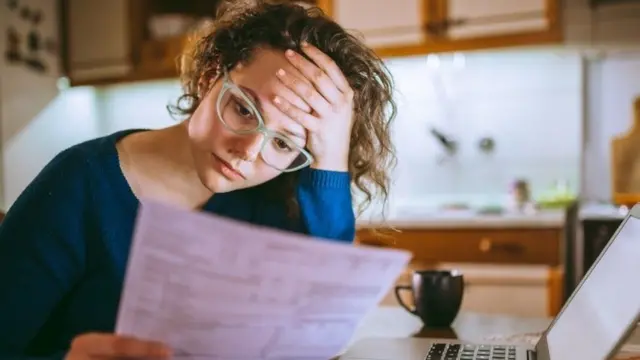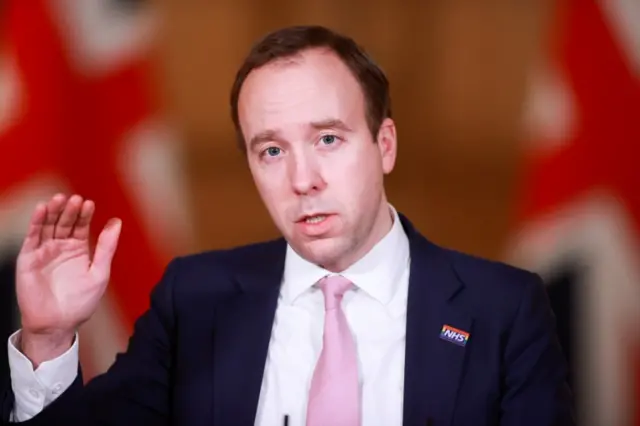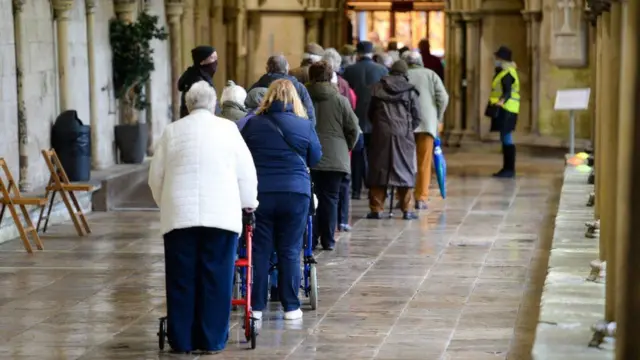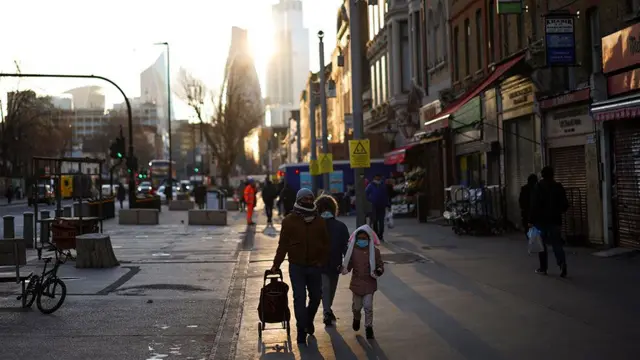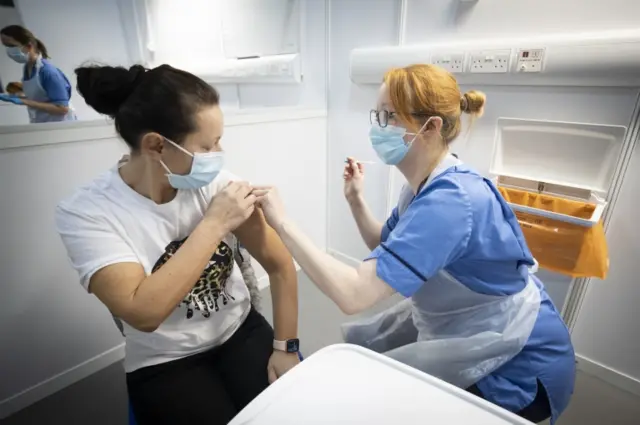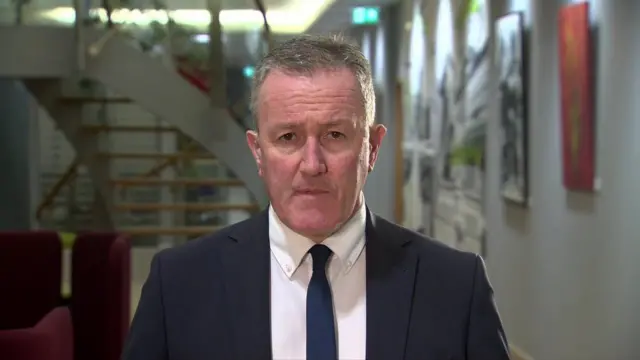Will there be a new vaccine if a variant is resistant?published at 17:35 GMT 25 January 2021
The BBC's Laura Kuenssberg also asks about the possibility of a new variant emerging that is resistant to the existing vaccine.
Susan Hopkins, chief medical adviser to Public Health England, says this is a "live issue" and that the UK is working with global scientific networks and the World Health Organization to decide what any such new vaccine would look like.
The UK is already looking at how fast a new vaccine could be built and rolled out, she adds.
